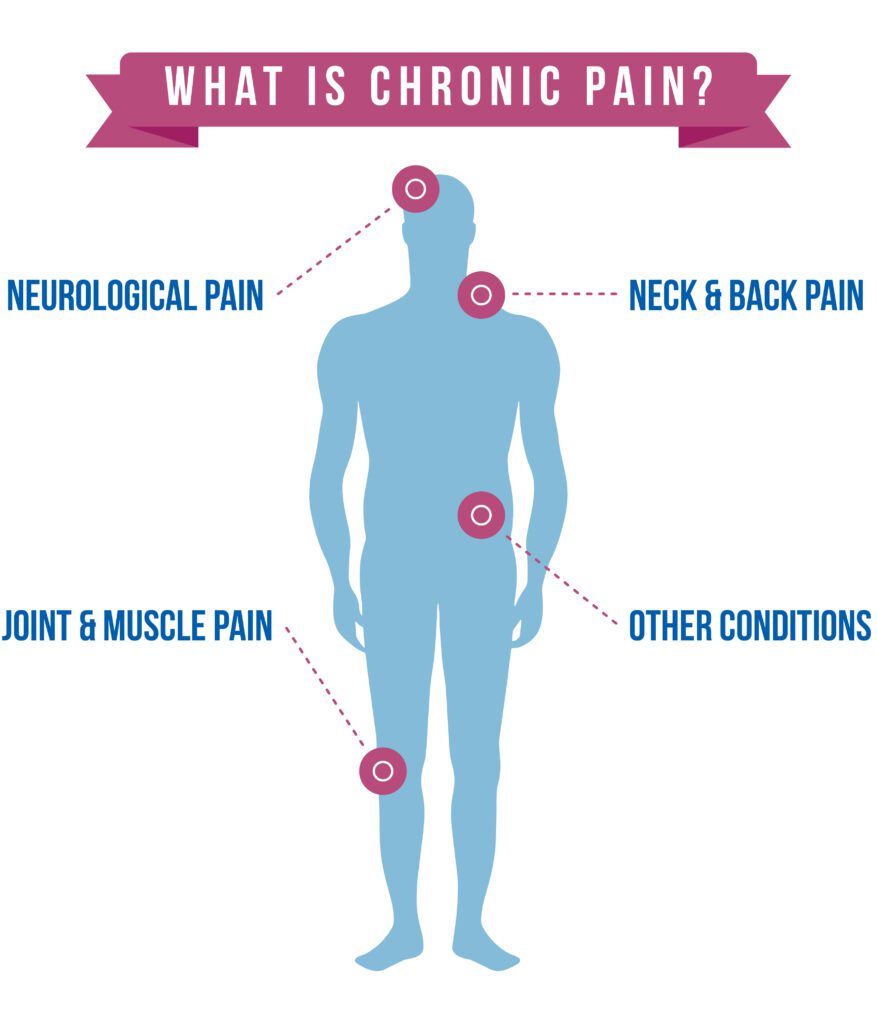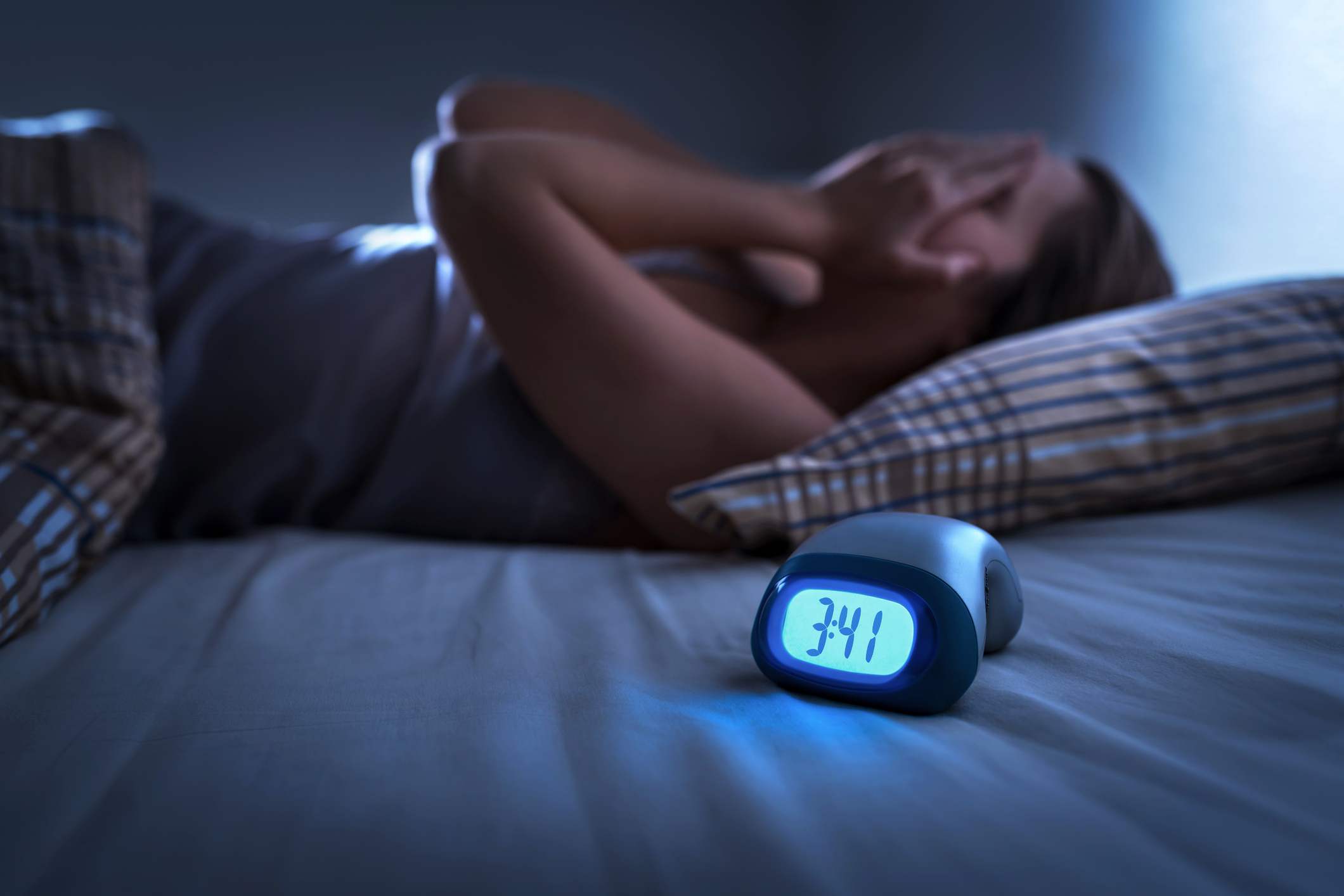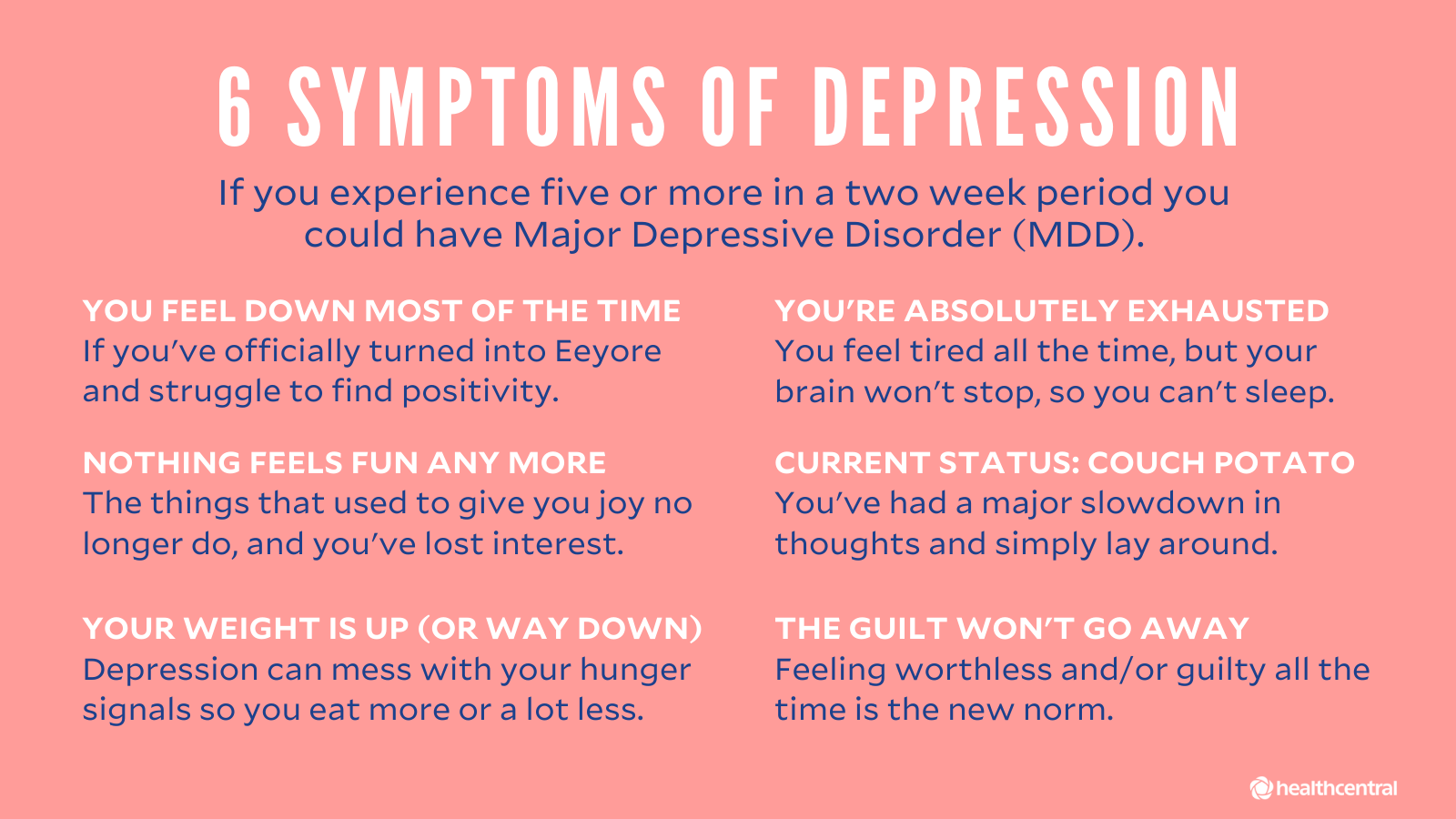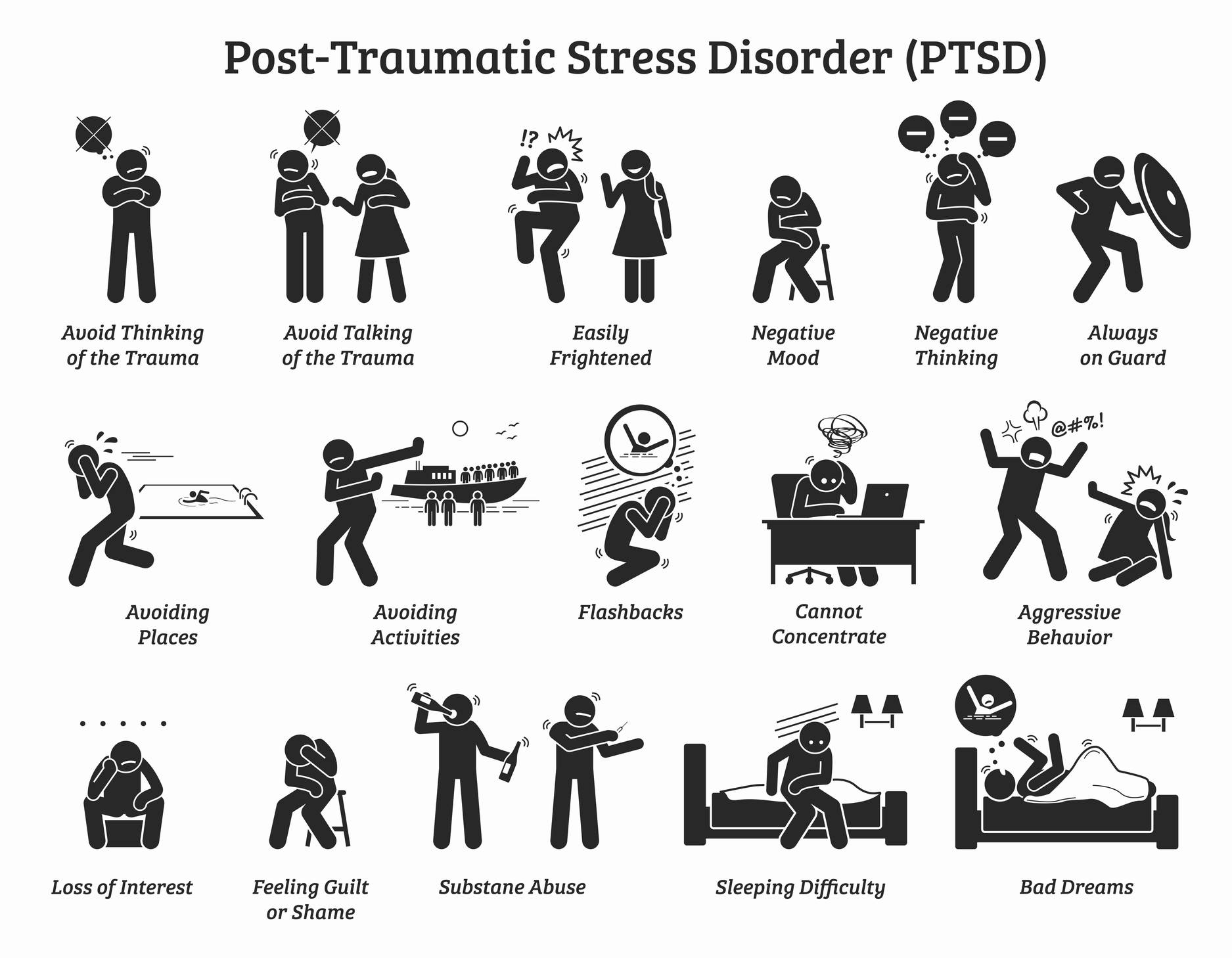
Stop Chronic Pain
More than 600,000 Americans turn to cannabis for relief from chronic pain — and the scientific evidence for its effectiveness is substantial.
In gold-standard randomized clinical trials of people who had agonizing health concerns — peripheral neuropathy (nerve pain from diabetes), spinal cord injury, HIV or complex regional pain syndrome, cancer, chemotherapy, muscle and joint problems, rheumatoid arthritis and multiple sclerosis — cannabis reduced pain by 40 percent


